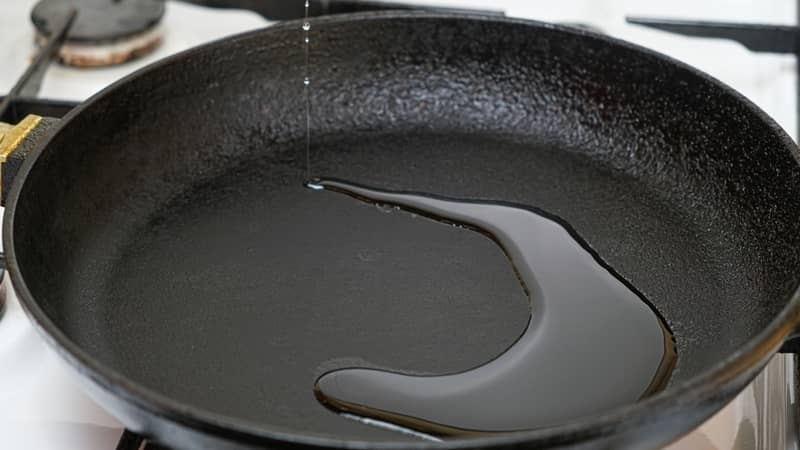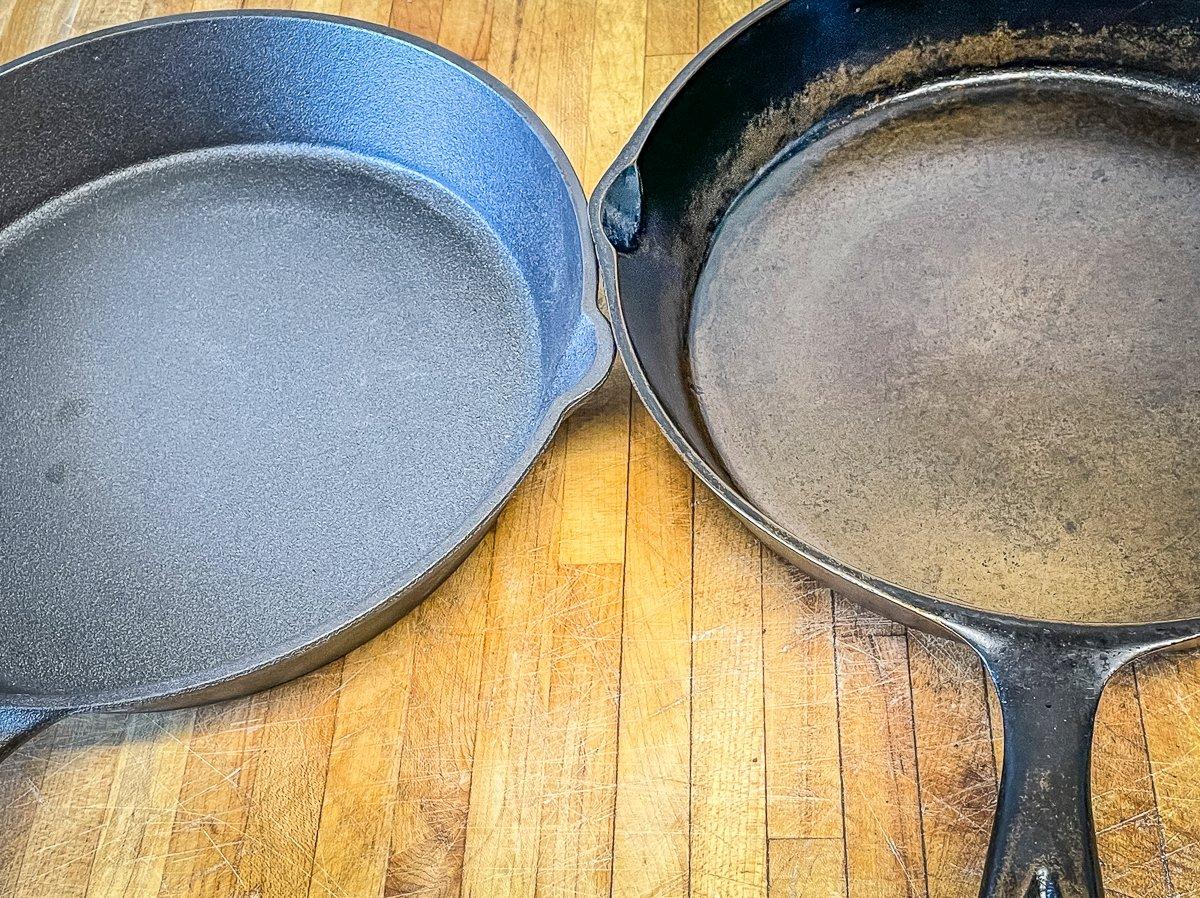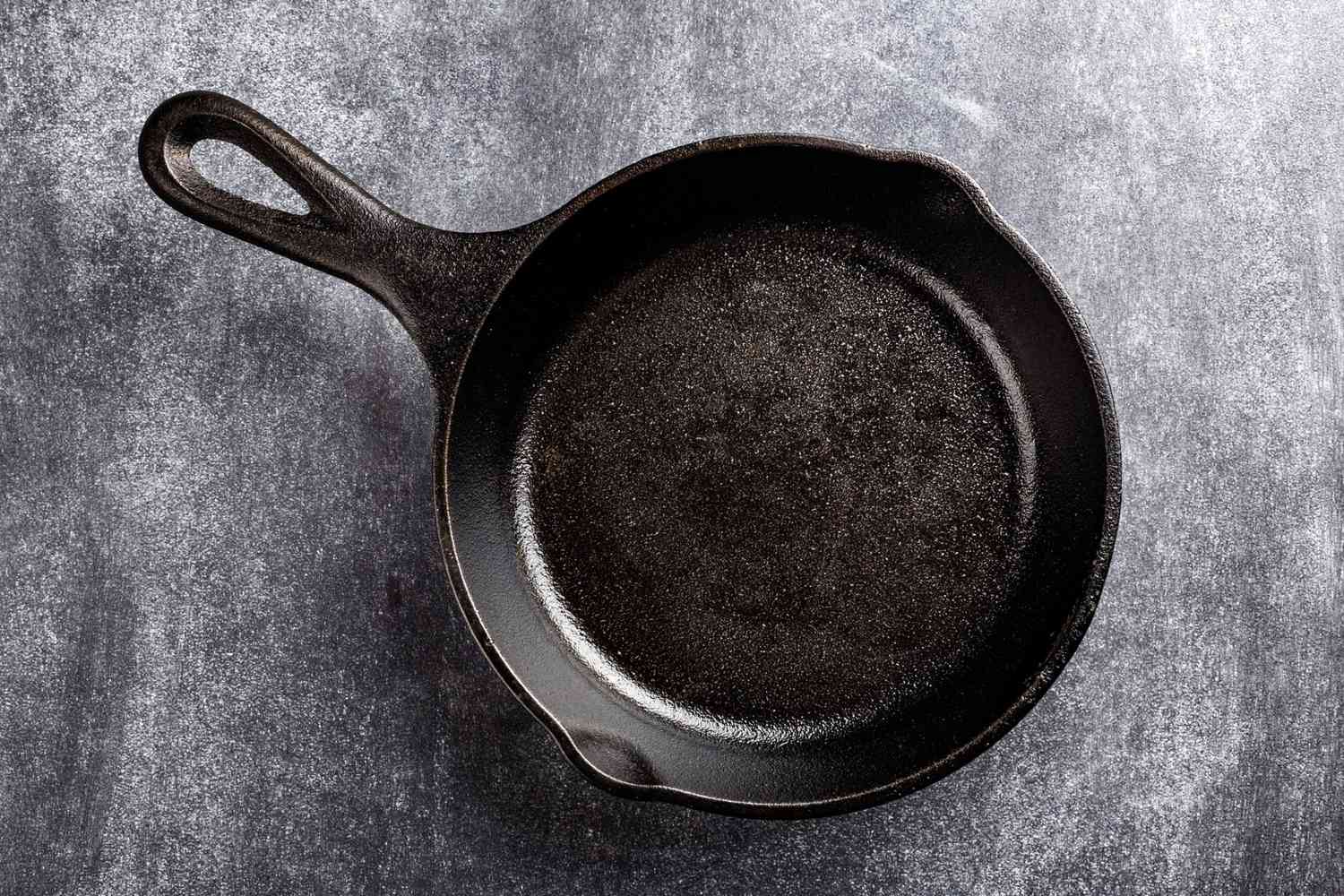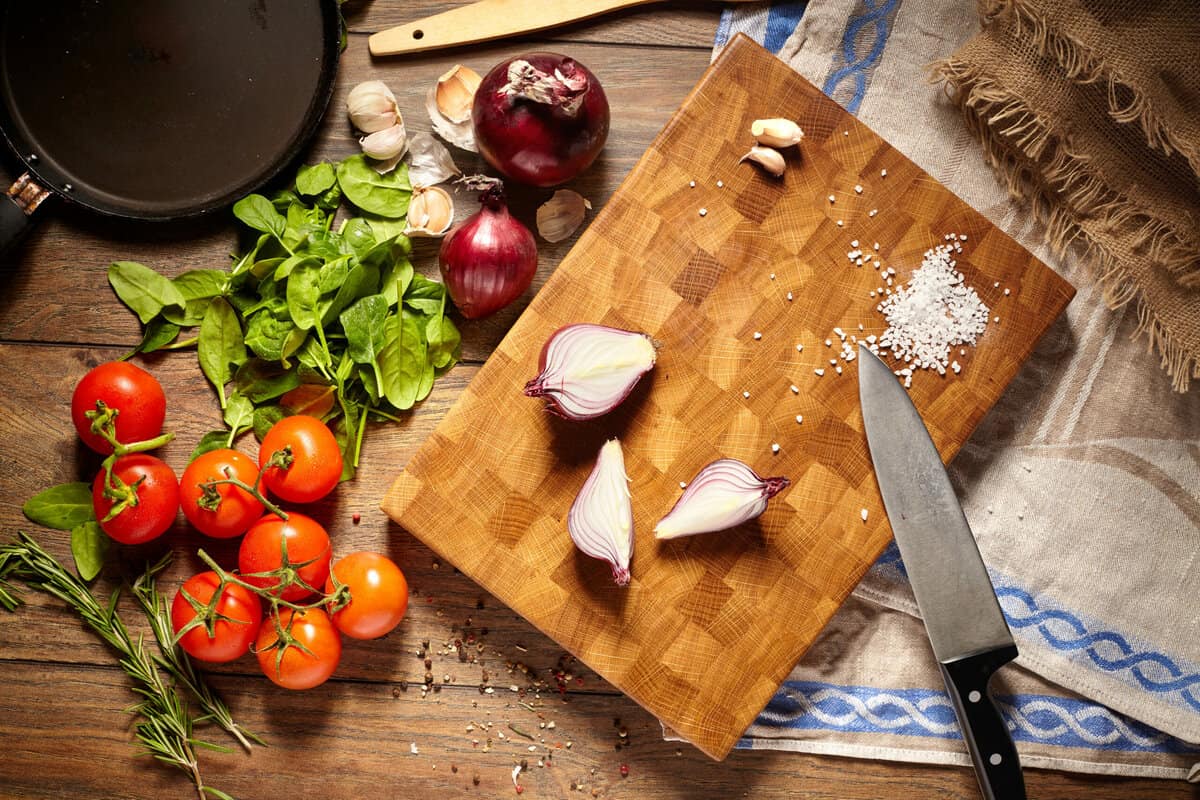Investing time and energy into seasoning your cast iron skillet only to see it appear rusty afterward is frustrating. For culinary professionals and home cooks alike, this unexpected turn can feel disheartening. So, why does my cast iron look rusty after seasoning? This question is common among avid cooks, and understanding the various factors at play is vital to maintaining your kitchen tools.
In this article, we will explore different aspects of cast iron care, covering everything from the seasoning process to potential missteps that may lead to a rusty appearance. Our aim is to provide you with the knowledge and tips necessary to keep your cast iron cookware both beautiful and functional.

The Science Behind Seasoning Cast Iron
Seasoning cast iron involves applying a layer of oil to the surface and baking it, creating a durable, non-stick coating. This procedure not only protects against rust but also enhances the cooking performance of the pan. However, if something goes awry during seasoning, you might end up with rust instead of the desired protective layer.
Understanding Rust Formation
Before we delve into the reasons behind rust's appearance, it's important to clarify what rust actually is. Rust forms when iron reacts with oxygen and moisture, producing iron oxide. With this understanding, let's investigate some primary reasons your cast iron may show rust after seasoning.
Common Causes of Rust After Seasoning
1. **Insufficient Drying**: If your cast iron isn't dried thoroughly after washing, moisture can linger, leading to rust. Always ensure your pan is completely dry after cleaning.
2. **Wrong Oil Type**: Different oils vary in smoke points. Using an oil with a low smoke point may create a sticky, uneven layer that traps moisture, promoting rust.
3. **Temperature Problems**: If the seasoning temperature is too low, the oil may not polymerize effectively, resulting in inadequate moisture protection. Aim for a seasoning temperature of at least 450F.
4. **Improper Storage**: Storing cast iron in a damp environment can expose it to moisture. It's best to keep your cast iron in a dry, cool area, possibly with a paper towel or cloth to absorb excess humidity.
Solution for Rust Issues
Discovering your treasured cast iron in a rusty state is disappointing, but there's hope! Heres how you can effectively restore it:
Steps to Restore Your Rusty Cast Iron
1. **Scrub the Rust**: Use a scrubber or steel wool to eliminate the rust. Scrub the affected areas thoroughly until you reach the raw iron.
2. **Wash and Dry**: Clean the pan with mild soap to eliminate debris. Then, dry it immediately and completely.
3. **Re-Season**: Apply a thin layer of a high-smoke-point oil, such as grapeseed oil, across the entire surface of the cast iron. Preheat the oven to 450F and place the pan upside-down on the top rack for an hour. Allow it to cool inside the oven to avoid rapid temperature changes that could cause thermal shock.
Preventing Future Rust
To keep your cast iron rust-free post-seasoning, adhere to these practical tips:
- Regular Cleaning: Clean your cast iron immediately after use. Avoid soaking, as prolonged water exposure can cause rust.
- Oil Maintenance: After every use, wipe with a bit of oil to preserve the non-stick surface and shield against moisture.
- Proper Storage: Store your pans in a dry environment; consider placing paper towels between stacked pans to absorb moisture.
What If It Rusts Again?
If your cast iron keeps rusting despite diligent care, revisit the oil and seasoning methods youre using. Adjust your approach based on the common issues mentioned above, and dont hesitate to seek guidance! Resources like Martha Stewart, Weld Cast Iron, Cook Salmon, Grapeseed Oil, and Make Hot Chocolate may also offer valuable insights.

FAQs About Cast Iron Rust Issues
1. Can I still use my rusted cast iron?
Absolutely, as long as you remove the rust properly before cooking. Never use it with rust intact.
2. How often should I season my cast iron?
Its advisable to season your cast iron every few months, based on your usage frequency.
3. Is it normal for cast iron to darken over time?
Yes, this is quite normal! A well-seasoned cast iron will darken with use as it absorbs oils and flavors.
As an Amazon Associate, I earn from qualifying purchases.






Leave a comment
This site is protected by hCaptcha and the hCaptcha Privacy Policy and Terms of Service apply.